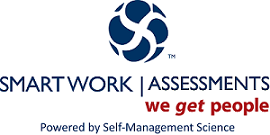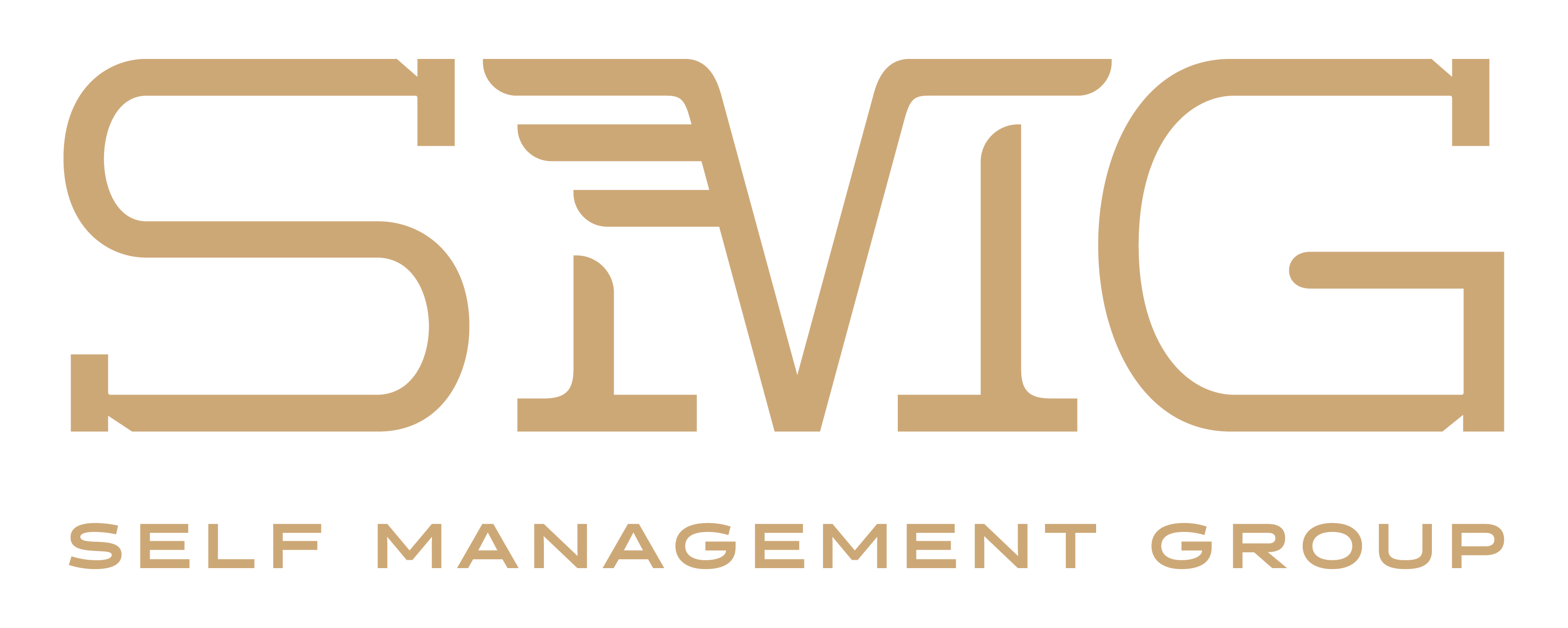
Working Remotely POP™
Predictor of Potential
Name :
Email :
Phone :
Report ID :
Test Date :



| Performance / Goal Oriented | People / Process |
| Competitive / Assertive | Compliant / Acquiescent |
| Quick / Decisive | Methodical |
| Only if Necessary | Enjoys / Solicits |

| Extremely Resilient | Growth Opportunity |
| Highly Adaptable | Growth Opportunity |
| Challenge / Results | People / Service |
| Independent | Team-Oriented |
| Intense | Patient |
| Comfortable with Conflict | Avoids Conflict |
| Extroverted | Introverted |
| Analytical | Learns Essentials |
| 1. How long have you worked remotely full-time (3-5 days per week)? | More than 5 years |
| 2. How long have you worked remotely part-time (less than 3 times per week)? | Never worked remotely part-time |
| 3. Please indicate what facilities you have available in your remote location. | |
| d. Computer/Laptop less than 3 years old | Exclusive to my use |
| e. Reliable and secure internet connection | Yes |
| 4. Please rate your level of expertise in each of following: | |
| a. Mac OS | None |
| b. Windows | Excellent |
| c. Word | Excellent |
| d. Outlook | Excellent |
| e. Excel | Limited |
| f. PowerPoint | Above Average |
| g. Internet Browser (e.g., Chrome/Safari/FireFox); | Above Average |
| h. E-Learning Courses | Limited |
| i. LMS Learning Management Systems | None |
| j. Video Conferencing (e.g., Zoom, Skype) | Above Average |
| k. Collaborative Tools (e.g., Slack, Github) | Limited |
| l. Remote Connecting (e.g., TeamViewer, RDP) | Above Average |
| m. Customer Relationship Management Systems (e.g., Salesforce) | None |
Based on the Enterprising Potential (E.P.) ResultsThis individual prefers to follow established processes, and responds best when there is an external source of guidance and reinforcement. As such, it will be important to help them establish as much of a routine and structure as possible when working remotely. |
Based on the Achievement Potential (A.P.) ResultsThis individual could become bored with a job that is repetitious even if the outcome of the job is a good income. To stay with you in the long run, this individual will have to be challenged by both the performance demands of the job and by a requirement to develop new and creative business or personal opportunities for themselves. |
Based on the Independence Potential (I.P.) ResultsThis individual will prefer frequent feedback and support from their manager. Without it, they will likely become frustrated and feel as though they have been abandoned by the company. Try to help them establish some structure and routine, which will help mimic the on-site work experience a little more. |
Based on the People Orientation (P.O.) ResultsSince this individual gets some satisfaction out of people contact, suggest virtual coffee / lunch meetings with other colleagues as a way of staying connected. Regular company meetings and town halls are other ways of keeping your employees engaged. |
Based on the Investigative Orientation (INV.) ResultsThis individual is very analytical and curious. Ensure that you are providing them with ample learning and growth opportunities and be very thorough in how you communicate with them remotely. |
| Labels feelings and emotions as they are happening | Does not label feelings and emotions as they are happening |
| High monitoring | Optimal monitoring | Low monitoring |
| Demonstrates good self control | Low control over impulses and negative emotions |
| Perseveres | Focus can change |
| Recognizes emotions in others | Low awareness of emotions of others |
| Uses knowledge of the emotions of others in decision-making | Does not factor in the emotions of others in decision-making |
| Understands & uses emotional information | Relies on non-emotional information |

| Proactive | Responsive |

| $ and/or Challenge | People and service | Safety and security |

| Very independent | Independence-oriented | Team-oriented | Very team-oriented |

| Comfortable with conflict | Average | Avoids conflict |

| High emotional awareness | Reliance on non-emotional information |

| Outgoing/personable | Builds relationships gradually |

| Highly analytical | Learns only what is necessary |






In Terms of Enterprising vs. Support Role PossibilitiesYou can be described as being a goal-oriented person within a well-structured and well-defined situation. You appear to be quite accepting, agreeable, considerate, mild-mannered and cautious in any less-clearly-defined work or personal situations. Given a requirement or objective and a plan of how to reach the objective, you can be depended upon to work diligently to achieve the stated goals. Your talents can probably be best expressed in the service or support aspects of a company. |
In Terms of Your Style & Strength of Various MotivationsPeople see you as being an achieving person, one who can be quite hard-driving, eager, active and occasionally impatient. Challenge for you can involve doing some things simply because they are demanding, and many things because they have a concrete financial reward. You occasionally accept a challenge because it has a people-oriented element to it. Financial rewards are important to you, but sometimes you direct your energies toward things that have no payoff for you, but that have this people-oriented focus. You evaluate how well you are doing in life and in your career by what you accomplish, by how you feel about yourself and by the good you have done for others. |
In Terms of Your Independence vs. Your Need to Be in the TeamYou can be described as quite cooperative, obliging, efficient, conscientious, painstaking and team-oriented. Generally, you are easy on others and quite accepting of supervision. You would be a good company person, working well within a variety of group settings. Security and stability are working conditions you value and desire in a job. |
In Terms of Your Orientation Toward the “People” Side of BusinessYou can be described as quite sociable, enthusiastic, cheerful, genial and outgoing. You enjoy personal relationships and interactions, and would make a good company representative in terms of customer satisfaction, and personal and company public image. You value initial and ongoing interpersonal relationships. |
In Terms of Your Orientation Toward Technical & Practical ConcernsYou can be described as quite logical, reflective, analytical, factual and practical. A job requiring the solving of intellectual or conceptual problems would stimulate someone like you. You have a flair for technically-oriented, detailed work. Taking on challenges to learn and use new information in a field that interests you would be rewarding in itself. |
 | One major requirement of the best job for you is that the organization have an established work objective and detailed work plan; preferably one that uses your ability to fit and follow the existing structure, in an ongoing service or support role. |
 | Look for a career path that has the opportunity for you to undertake important challenges that will reward you financially, allow you prove yourself and your worth and that also have real social value. |
 | You should look for a stable job in an established work environment. Your preference should be to work within a recognized team-type situation. For even greater job satisfaction, you should find a company that you can identify with and respect for their products and services. |
 | You should look for employment that provides you with “people” contact or some public relations opportunities. You derive satisfaction from interaction with other people in both personal and work environments. |
 | A job with some learning and technical requirements would be quite satisfying. The opportunity to be creative and to put your new-found knowledge into action would also be appealing to you. |
 | Avoid employment in an environment that is unstructured or that appears to be disorganized. If the position requires you to be responsible for both the planning and action aspects of the job, it may not be the job that will make the best use of your special strengths. |
 | Avoid positions that are essentially non-challenging and repetitive or that you determine are without real social merit. Even some apparently strongly challenging kinds of jobs may not satisfy you if they lack real human values in their purpose. |
 | Avoid work environments that have poor or very inexperienced supervision, and those that demand an intense level of independence and/or a high demand to work essentially on your own all the time. |
 | You should avoid employment in jobs that have only limited feedback from others. You should also not be in situations that isolate you from others. |
 | You should avoid jobs that are not intellectually challenging, creative and those that do not offer a chance for personal growth in a technical or practical sense. |